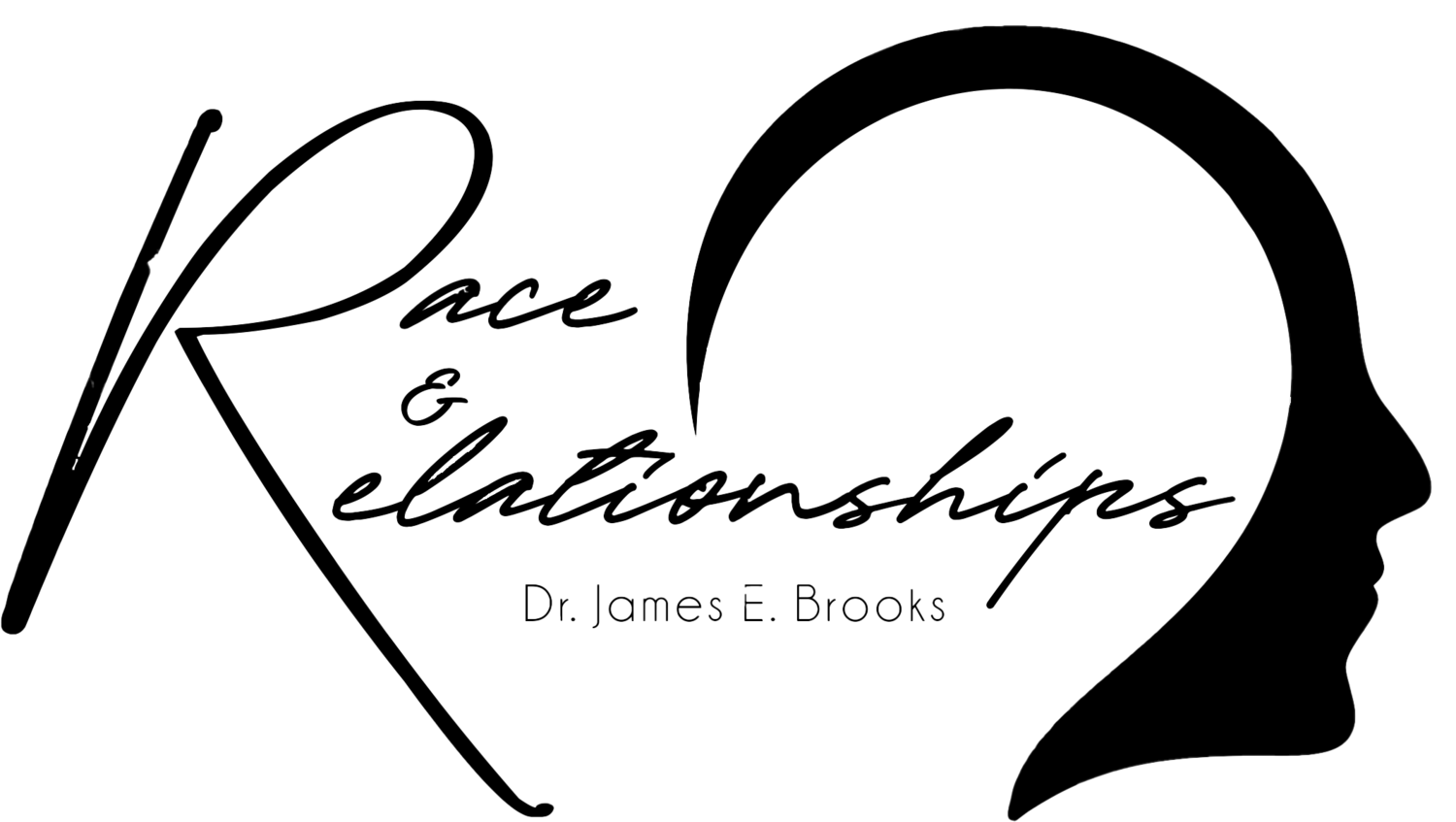Together but Separate: How is Marginalization Affecting Relationship Quality for Intercultural Couples?
What is the issue?
Intercultural romantic relationships have become more common in the United States however they still face marginalization. This often leaves couples questioning their cultural identity and their couple identity because of the social disapproval they receive.
What is the purpose of this investigation?
Through two studies Yampolsky et al. examined a couple of different ideas in hopes of understanding how relationship quality is affected by marginalization. The first idea they explored was how perceived marginalization of one’s intercultural relationship predicts both the person’s own cultural and identity configuration which includes the following: integration, compartmentalization, and categorization. Integration is when someone has multiple identities and they all come together under one umbrella. Compartmentalization is when a person has multiple identities present but each is kept separate and some may even be suppressed. Lastly, categorization is when someone has multiple identities but prefers to have one identity central to who they are and the other identities are in the background. In the same vein, the authors also explored the participant's partners' cultural and couple identity configuration.
The second major idea that was explored was how a person’s identity configurations predicted their own relationship investment, commitment, and satisfaction. To continue this idea the participant's partners' identity configuration and relationship quality.
What were the results?
For these two studies, social marginalization was low which could be due to the length and status of relationships in this study, with over 90 percent of couples being married and the average length of relationship being 10 years. With that being said, first I will focus on the results from study one. People in intercultural relationships who were more aware of relationship marginalization from others reported integrating their couple and cultural identities less frequently. Additionally, these participants revealed higher levels of compartmentalization and couple and cultural categorization. Furthermore, Yampolsky et al. found in study one that there was a major association between integration and more investment, commitment, and satisfaction within the relationship. On the other hand, culture categorization was linked to lower commitment and satisfaction within an intercultural relationship.
Moving on to the second part of the study which was an extension of the first part by including both members of the intercultural relationship. Results from study two were consistent with study one along with a couple of new findings. Firstly, when one person in a relationship felt relational marginalization then it was more likely their partner would report higher levels of identity compartmentalization and couple categorization. Additionally, Yampolsky et al., found that one partner's identity configuration was connected to not only personal perception of relationship quality but also their partner's perception. Furthermore, when partners in intercultural relationships integrated their identities, they reported more investment and commitment in their relationship. Lastly, when people categorized their cultural identities they reported less investment, commitment, and satisfaction which ultimately affected their partner as they also reported lower relationship satisfaction.
What are the implications?
Yampolsky et al. study provides valuable insights into how relationship marginalization can effect the presence of identities in intercultural romantic relationships. The results from this study put forward the idea that without marginalization couples would be able to connect to their core identities and share them within their romantic relationship. Therefore, it is important to note that when couples or individuals in intercultural relationships are struggling with cultural and couple identities, marginalization should be investigated as that may be the reason for these struggles. If couples can work through their feelings and develop ways to cope with marginalization, they may see improvement in the integration of cultural and couple identities.
Citation
Yampolsky, M. A., West, A. L., Zhou, B., Muise, A., & Lalonde, R. N. (2021). Divided Together: How Marginalization of Intercultural Relationships Is Associated With Identity Integration and Relationship Quality. Social Psychological and Personality Science, 12(6), 887–897. https://doi.org/10.1177/1948550620962653
